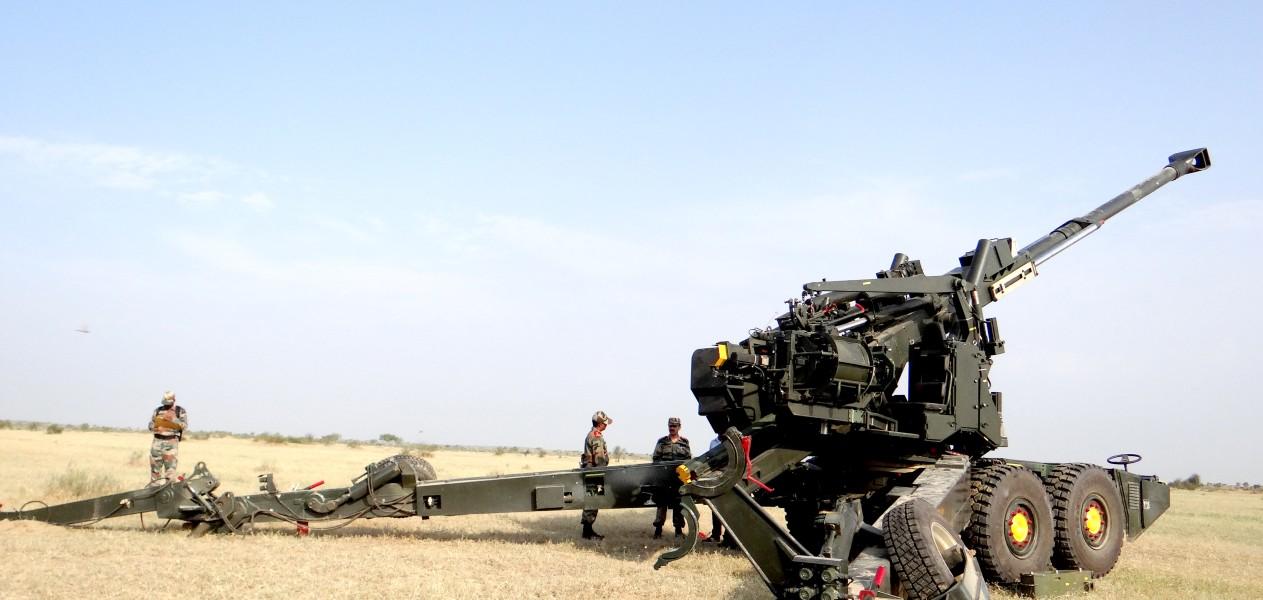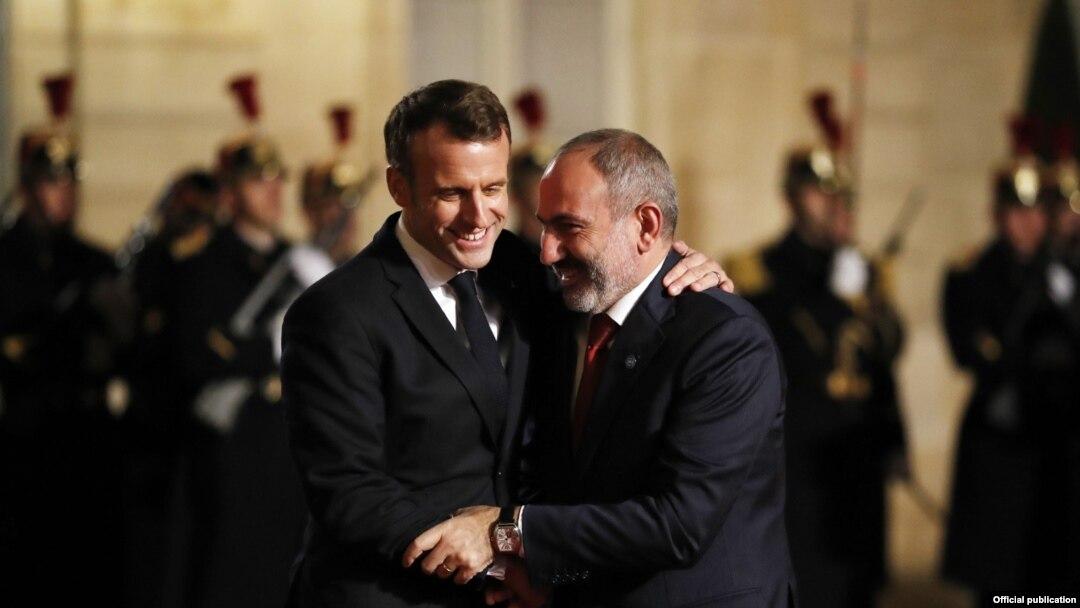Institute for Economics and Peace reveals Armenia's military build-up Is a new conflict looming?
The Institute for Economics and Peace (IEP) has issued a report, "Current Trends in Militarization," outlining military sector trends globally. According to the report, the most significant military expenditure is seen in North Korea, where it accounts for at least 24 per cent of GDP as of 2023. The military sector also plays a notable role in the GDP of Afghanistan (10 per cent) and several countries in the Middle East and Africa: Oman (5.9 per cent), Algeria (4.8 per cent), Mali, Morocco, and Saudi Arabia (each 4.5 per cent).
In contrast, military spending in the United States constitutes 3.1 per cent of GDP, down from 4.7 per cent fifteen years ago. Russia's military expenditure stands at 2.4 per cent, Iran at 2.2 per cent, and Türkiye at 0.7 per cent. Nearby Georgia spends only 1.3 per cent of its GDP on the military, a reduction of 6.6 per cent since 2008.
This leads us to a critical point highlighted by the report. Armenia's military expenditure is 4.2 per cent, surpassing Azerbaijan's 3.8 per cent. This is particularly surprising given the frequent accusations directed at Azerbaijan for continuing to arm itself, which are claimed to threaten regional stability and cast doubt on Baku’s willingness to negotiate a peace agreement with Armenia. Such claims, however, have been manipulative and misleading. For over twenty-five years, it was Armenia that occupied 20 per cent of Azerbaijan’s territory, not the other way around.
Despite previous attempts to dismiss criticism, the release of the IEP report should leave even the most vocal defenders of Armenia with little to argue. The report underscores a troubling trend: Armenia appears to be preparing for a new conflict.

This follows earlier reports that Armenia has been actively acquiring various types of weaponry, including offensive arms, from countries such as the United States, France, and India.
I recall the absurd response from French President Emmanuel Macron during a press conference following the 4th European Political Community summit (EPC) in London. When asked why France was so actively arming Armenia, Macron calmly stated that it was a normal response to Armenia’s request for weapons, given its perceived threat of aggression from another country. He also took the opportunity to renew unfounded accusations against Azerbaijan.
Not just once but repeatedly during his statements, President Macron has inaccurately portrayed the situation. "Over the past decade, it has been quite evident that Azerbaijan has been much more heavily armed than Armenia. And if I remember correctly—correct me if I’m wrong—it was Azerbaijan that initiated the terrible war in 2020," he proclaimed.
Macron's memory is not in question, but his statements are deliberately false. It was Armenia that initiated the 44-day war.
On September 27, 2020, at 07:30 am, the Azerbaijani Ministry of Defence accused the Armenian Armed Forces of launching an attack around 06:00 local time. This assault involved the use of heavy artillery, mortars, and other large-caliber weapons targeting Azerbaijani military positions along the front line, as well as civilian areas in Tartar, Aghdam, Fuzuli, and Jabrayil districts. This attack resulted in harm to civilian residents.

Moreover, the 44-day conflict took place on Azerbaijani territory, making Macron’s accusations against Azerbaijan both cynical and absurd. His remarks about military spending are similarly misguided. Recent figures reveal that Armenia is indeed preparing for a new conflict, with external forces—including France under Macron—playing a role in this preparation.
To further illustrate, Armenia's national debt has surpassed $12 billion, exceeding 50 per cent of its GDP. Additionally, 13 per cent of Armenia's state budget is allocated to debt servicing. According to the Eurasian Economic Commission, Armenia's reserves stand at $3.607 billion. This means Armenia's national debt is nearly four times greater than its reserves. Given this context, the rapid increase in Armenia’s military expenditures raises a rhetorical question: Is this not preparation for a war with Azerbaijan?








